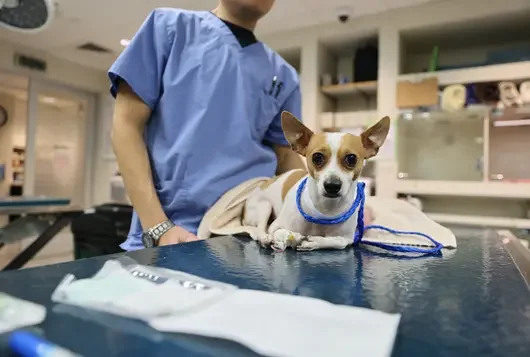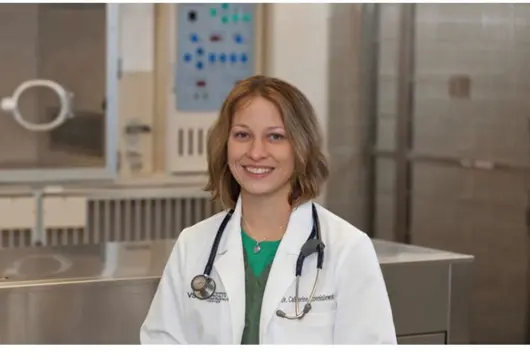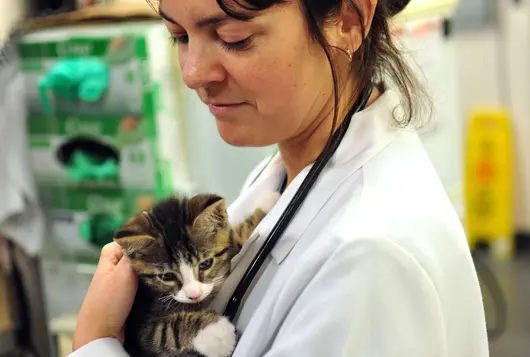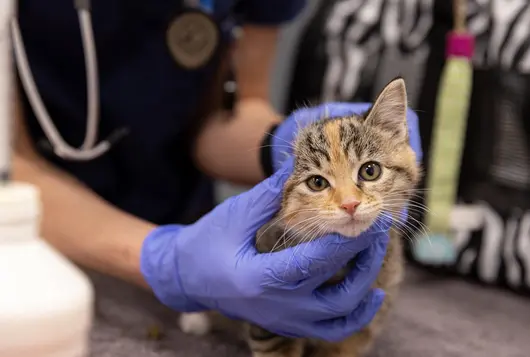ASPCA Poison Control: Backpack Hazards: Protecting Pets from Hidden Toxins
About this Webinar
- To access this session, login now or create an account on ASPCA Learn
- Mobile users will need the free Litmos app. Download it for Apple or Android
- Use this step-by-step guide to navigate the app
- Training is not available via mobile browser
- Need more help? Browse the FAQs or contact us at learn@aspca.org
What You'll Learn
The start of the school year is an exciting time for many families, but it can also pose unexpected dangers to their beloved cats and dogs. Backpacks are often filled with hidden hazards, such as ADHD medication, ibuprofen, toxic snacks, and even earbuds.
Join us for an informative and engaging session with Dr. Dzienisiewski as she highlights some of the most hazardous items lurking in children’s backpacks and discusses how to treat these toxicities in a clinical setting.

Takeaways
You’ll learn key information about:
- Art supplies and their toxicity
- Common medication ingestions, including albuterol inhalers, ADHD medications, and OTC medications, as well as how to treat them
- Food toxicities, including Xylitol-containing compounds, and how to manage them
- Technology hazards, including batteries, earbuds, and AirTags
Suited For
This session is suited for veterinarians and veterinary technicians, but all are welcome.
Credits
This webinar is RACE-approved and is eligible for 1 hour of free CE for veterinarians and veterinary technicians.

Catherine M. Dzienisiewski VMD, MLAS, DABT
Toxicologist
Catherine received her BS in Animal Science from The Pennsylvania State University (Penn State) and then pursued a Masters Degree in Laboratory Animal Science (MLAS) from Drexel University. After completion, Catherine worked for Merck and Co. for one year in the manufacturing division, ensuring the safety of common vaccines like Varicella, MMR, Pneumovax (pneumonia) and Black Widow Spider Antivenin. She attended the University of Pennsylvania School of Veterinary Medicine and graduated in 2008. Prior to her position at ASPCA Poison Control, Catherine worked in Emergency and Critical Care for 11.5 years. In addition to working at ASPCA Poison Control full-time, Catherine enjoys spending time with her husband, Ian, and Quinn, a rescued Great Dane mix. Catherine loves to spend time in her garden, reading and going to Penn State Football games.




